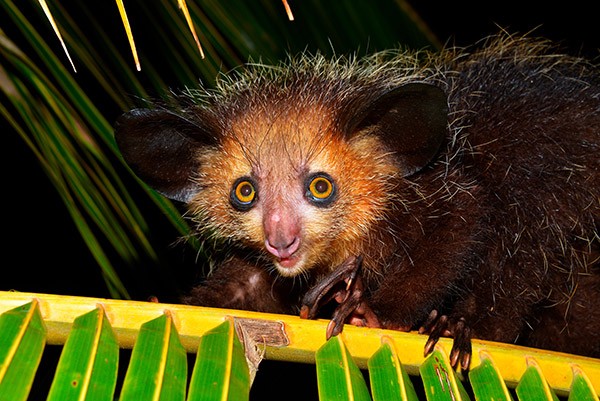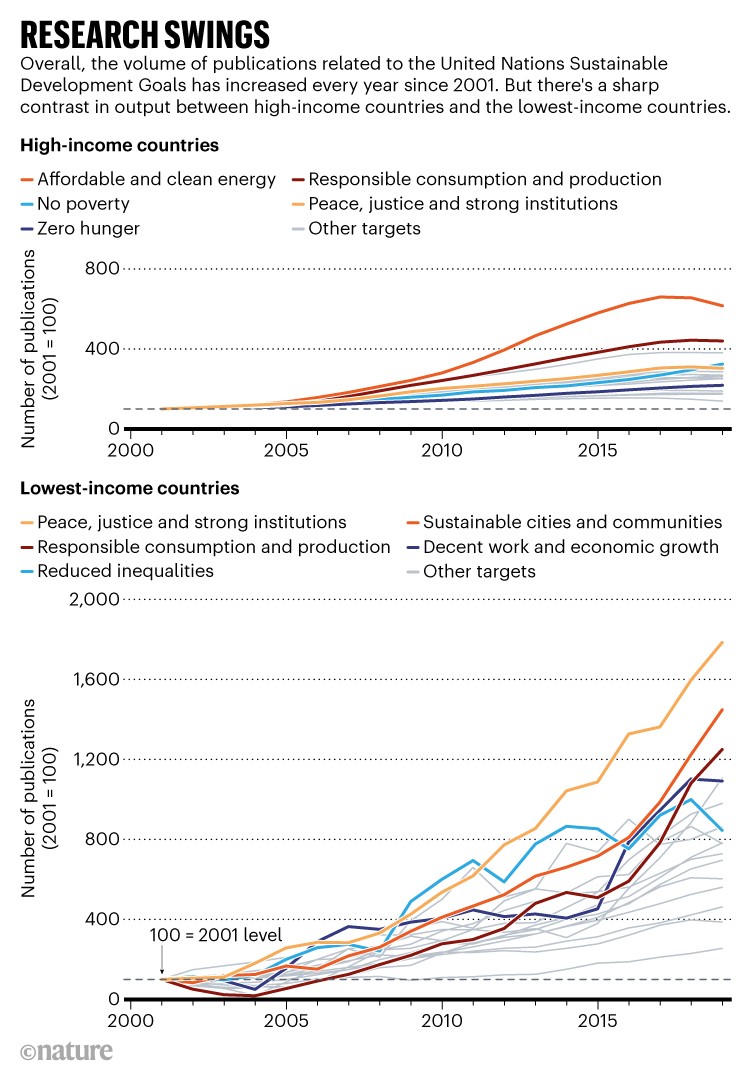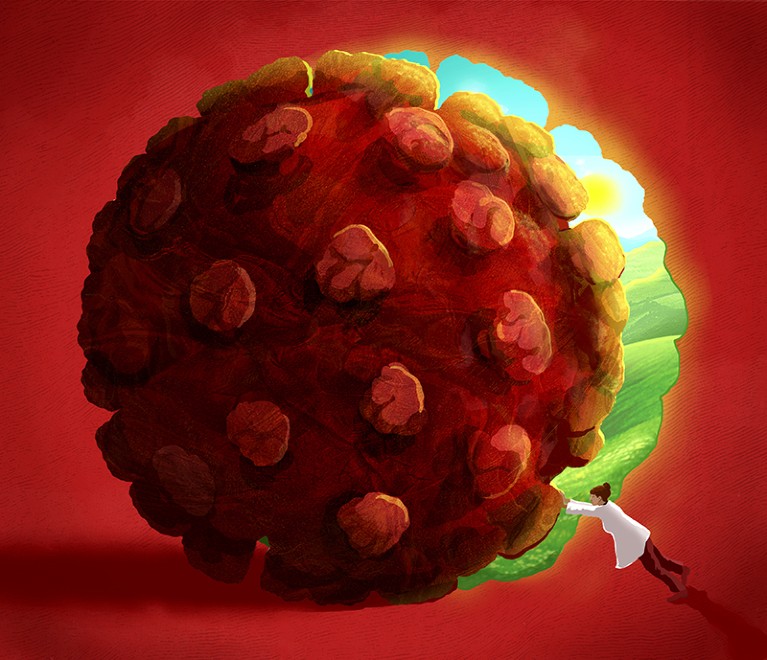Hello Nature readers, would you like to get this Briefing in your inbox free every day? Sign up here

Nose-picking primates eat their own snot
Researchers have discovered that aye-ayes (Daubentonia madagascariensis) — round-eyed, nocturnal primates found in Madagascar — use their long, skinny middle fingers to pick their noses, and eat the mucus. Biologist Anne-Claire Fabre recalls her surprise when she first saw a captive aye-aye picking and licking, because the creature’s whole middle finger seemed to disappear up its nose. “It is nearly 8 centimetres — it is really long, and I was wondering where this finger is going,” she says. To solve the anatomical puzzle, researchers carried out CT scans to build 3D models of the aye-aye’s head and hand, revealing that the creature’s long digit could extend into its sinus, throat and mouth.
Reference: Journal of Zoology paper
What Xi Jinping’s third term means for science
At the Chinese Communist Party’s 20th congress, Xi laid out his vision for science and innovation to drive the country’s growth, having been reinstated as general secretary of the party for a third term. Xi’s speech noted that China already has “the largest cohort of research and development personnel in the world”. He said that, to boost innovation, investments in the country’s skilled workforce will continue. Analysts say that China’s epic investment in science is also likely to continue, and the country is expected to prioritize research in aerospace — including space science — defence, climate change, clean energy and agriculture.
India to scrap hundreds of science awards
Indian scientists were surprised to learn that the government plans to scrap nearly 300 science awards. Although many researchers acknowledge problems in how the awards’ winners are selected, they say the decision to discontinue them without explanation is demotivating and will not fix the issues. “Scrapping these will demoralize the scientific community and weaken the pursuit of science in India,” says physicist Soumitro Banerjee. The government does plan to introduce a new prize, the Vigyan Ratna award, which will be India’s version of a Nobel Prize, but the details have not yet been provided.
Features & opinion
How to avert a looming water crisis
Intensive irrigation and climate change are depleting groundwater reserves in Bangladesh, which is home to a network of hundreds of rivers and the world’s largest river delta. To improve the country’s water security, researchers need more information on water use, quality, flows and forecasts.
Infographic of the week

Progress towards the United Nations Sustainable Development Goals (SDGs) — a set of commitments that aim both to end poverty and protect the environment — has stalled, in part owing to a failure to adjust institutions of science and governance to meet the SDGs. Since the goals were agreed in 2015, the rate at which research from high-income countries on, or about, the SDGs is being published has mostly either plateaued or is falling. It’s a different story for low- and middle-income countries, where funding and policy systems are clearly more aligned with the goals. Two-thirds of research published in the poorest countries has some connection to the SDGs, compared with around 35% in high-income countries. (Nature | 5 min read)
See more of the week’s key infographics, selected by Nature’s news and art teams.
Daily briefing: Nose-picking primates eat their own snot - Nature.com
Read More


No comments:
Post a Comment